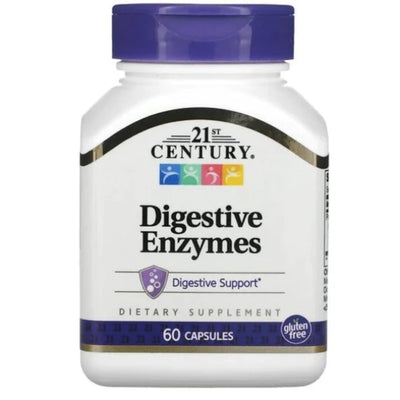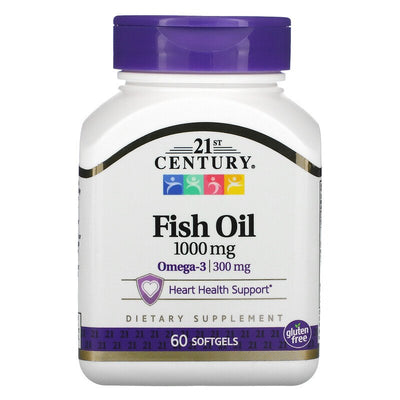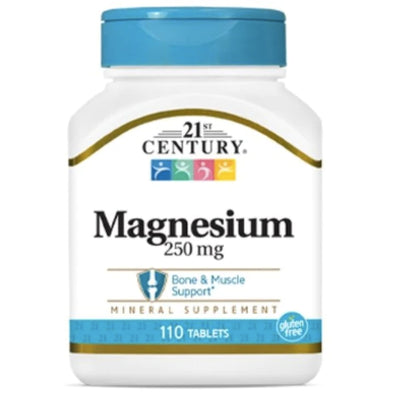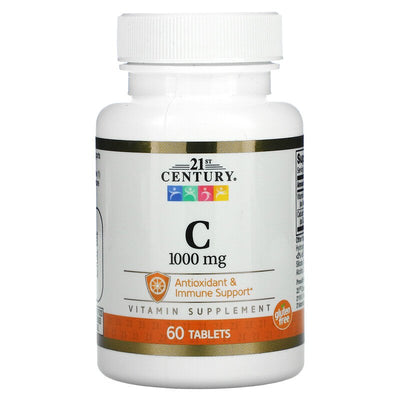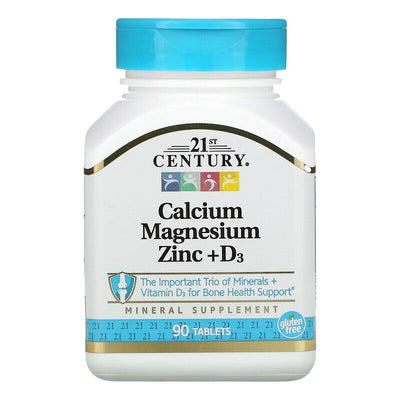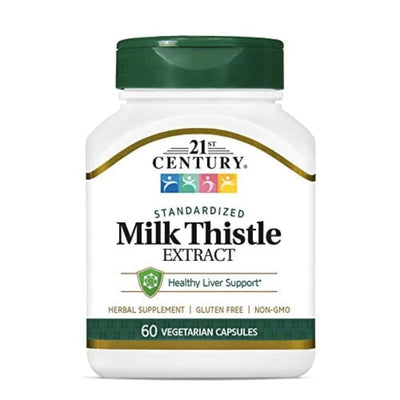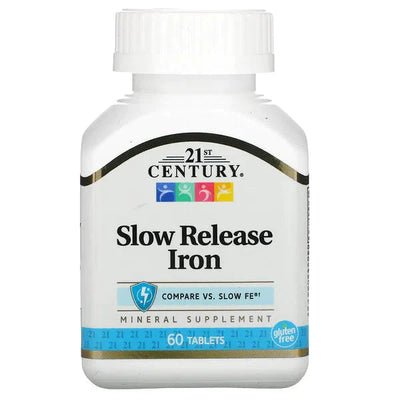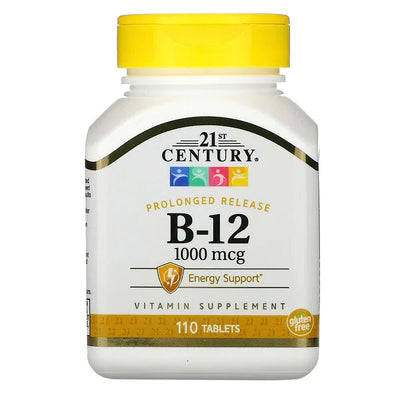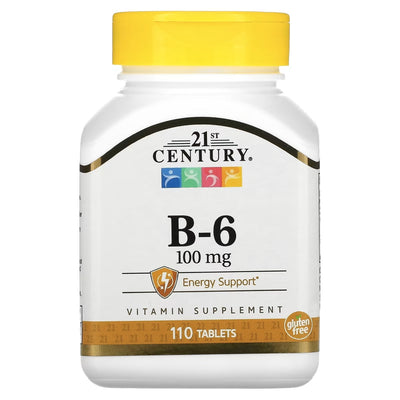
Creatine and Water Retention: Separating Fact from Fiction
What is Creatine?
Before we address water retention, let's recap what creatine is. Creatine is a naturally occurring compound found in high-protein foods like fish and meat. It is also popularly taken as a supplement by athletes and bodybuilders due to its benefits in increasing muscle mass, strength, and exercise performance.
The Link Between Creatine and Water Retention
1. How Creatine Causes Water Retention: Creatine pulls water into your muscle cells, increasing the total amount of water content within the muscle fibers. This process, known as cell volumization, is actually beneficial for muscle growth and can enhance the appearance of muscle size and fullness.
2. Is It Just Bloating? Some users report feeling bloated when they start taking creatine. This is typically temporary and more related to the body adjusting to higher creatine levels. It's important to distinguish between general bloating and muscle cell volumization. The former is usually a sign of gastrointestinal distress possibly related to high dosages or sensitivity to the supplement.
Debunking Myths
Myth 1: Creatine causes excessive water gain. Fact: While creatine does increase water content in muscle cells, this is not the same as excessive water gain or bloating throughout the body. The effect is localized primarily to muscles.
Myth 2: The weight gain from creatine is all water. Fact: Creatine can lead to initial weight gain due to more water being stored in the muscles, but over time, it also helps increase muscle mass due to improved workout performance.
Myth 3: Everyone will experience significant water retention. Fact: Water retention from creatine varies among individuals. Factors like diet, exercise intensity, and individual body response can influence how much water retention occurs.
Managing and Mitigating Water Retention
1. Monitor Your Dosage: Stick to the recommended dosage of about 3-5 grams per day after a loading phase (if you choose to do one). Over-supplementing can increase the likelihood of unnecessary water retention.
2. Stay Hydrated: Drinking adequate water can actually help reduce bloating and promote better creatine uptake by the muscles.
3. Assess Your Diet: High-sodium diets can exacerbate water retention. Keeping your sodium intake in check can help mitigate any additional water retention issues.
4. Give It Time: For many users, any excess water feeling dissipates after the initial weeks as the body adjusts to the creatine supplementation.
Conclusion
Creatine is a safe and effective supplement for most people, enhancing not only muscle endurance and strength but also contributing to muscle recovery and repair. Understanding that the water retention associated with creatine is mostly beneficial and localized to muscles can help users feel more comfortable and informed about incorporating this supplement into their fitness regime.
At Supps247, we're dedicated to providing you with accurate, research-backed information to help you make informed decisions about your supplements and overall health strategy. Stay tuned for more myth-busting and deep dives into popular health and fitness topics!







